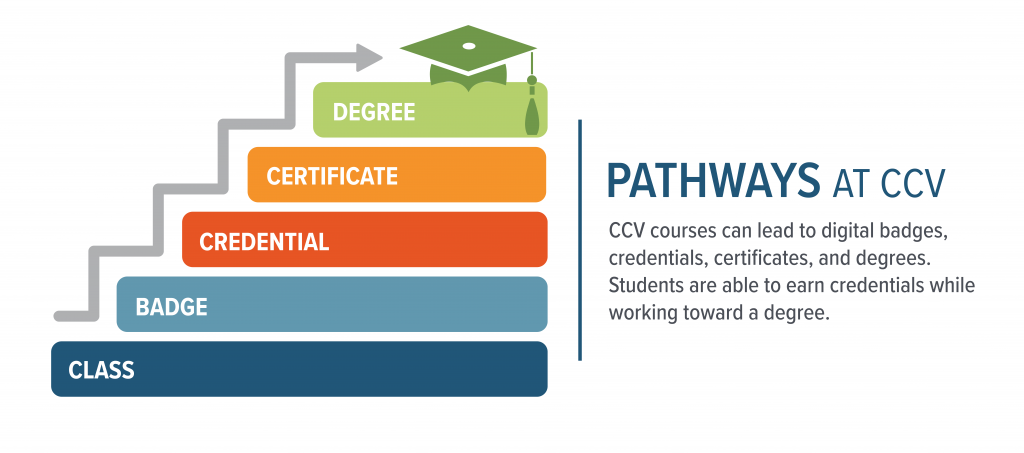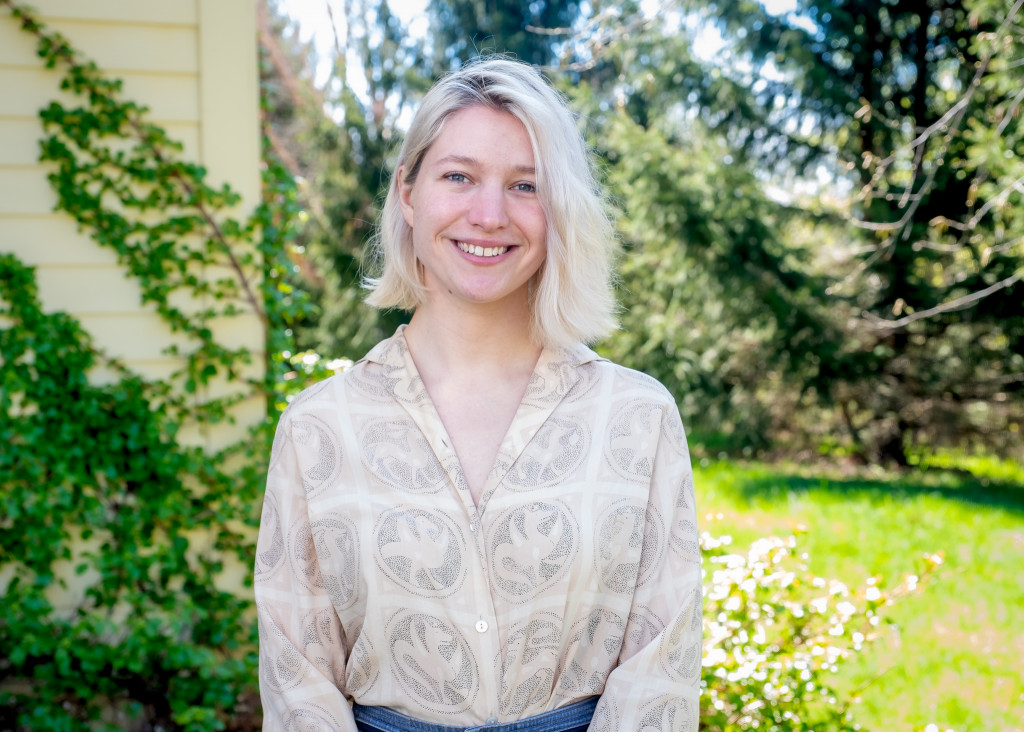Human services includes a broad range of programs that prepare you for work in a variety of fields. The behavioral science degree program provide the knowledge you’ll need to enter careers in social work, addiction treatment, criminal justice, and psychology. Credentials and certificate programs can lead to employment as a rehabilitation educator, addiction professional, or funeral director. Whatever path you choose, you’ll be well positioned for the workforce or further education.
CCV programs are stackable, meaning they build on one another as you progress toward your goals. Individual classes can be applied to credentials, credentials to certificates, and certificates to degrees. Check out our certificate to degree maps and explore the stackable program options available to you.

Human Services Programs
Degrees
Certificates
Credentials
- Apprentice Addiction Professional
- 21st Century Skills
Programs marked with “+” can be completed fully online.
Transfer Pathways
Did you know that nearly half of CCV graduates choose to continue their education beyond an associate degree? To make transfer seamless, easy, and affordable, CCV has agreements with other institutions across Vermont and throughout the region. Early planning can help you follow a clear transfer path.
Workforce & Career Development
CCV believes that a well-trained workforce and employer partnerships are critical to Vermont’s economic vitality and supports this through student career development, credential and training opportunities, and workforce education programs.
Visit our online catalog for complete and comprehensive program and course information.
Download Our Human Services Program Guide:
Alumni Success Story

The Joy of Learning
Kirsten completed a certificate in allied health preparation and an associate degree in behavioral science. She has nothing but good things to say about her CCV experience—the support from her advisors, the enthusiasm of her instructors, and most of all, the informal education she received from fellow students. “[I was] learning a lot about strength and resilience” from her peers, she said, “and just meeting some amazing people who didn’t take the typical go-straight-to-college-after-high-school [route]…these people had life experiences. There were parents, there were people from the military, there were people with health conditions such as myself, and they all just kind of had a joy about them too, to be learning. I just have so much respect for the student body.”

